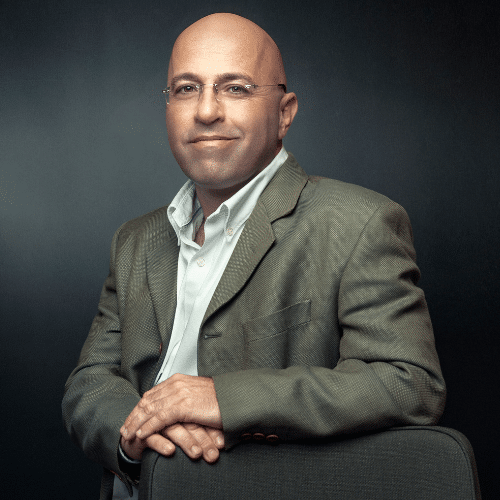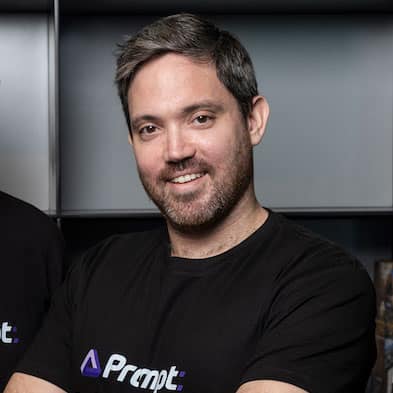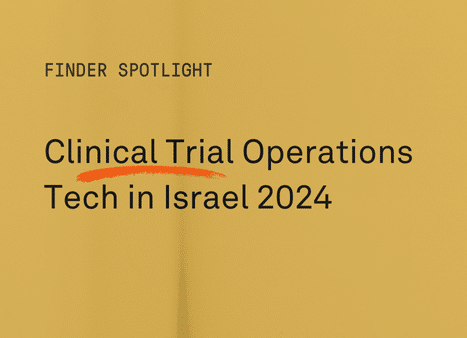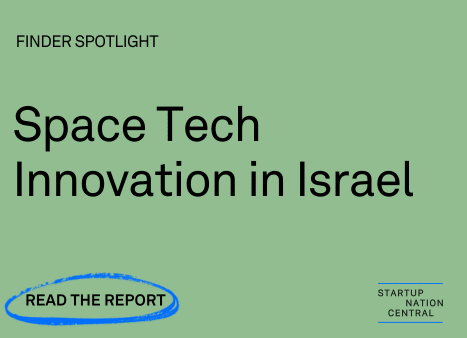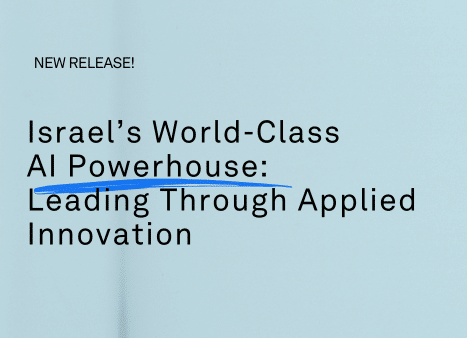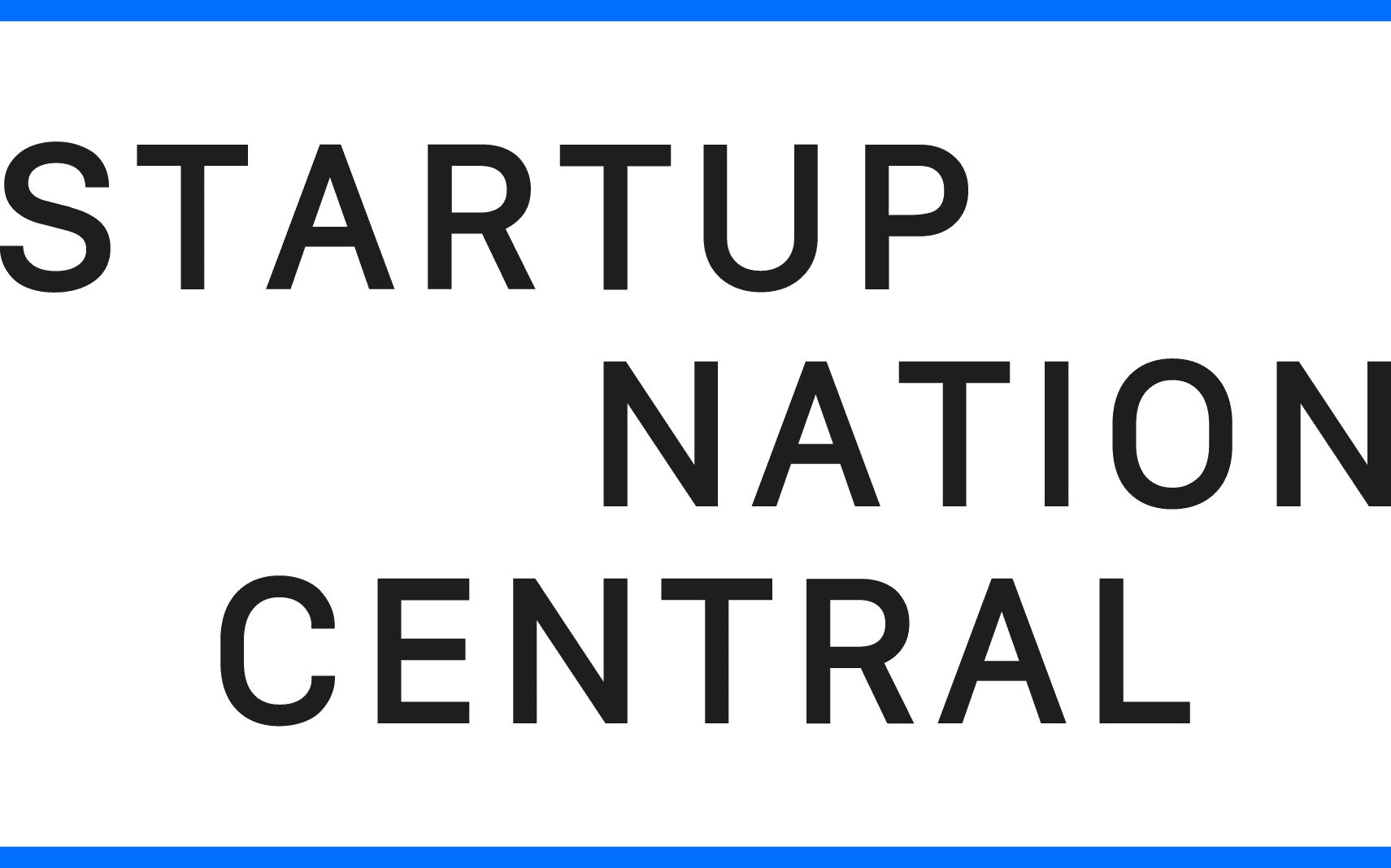The Israeli tech ecosystem is experiencing a significant, AI-driven transformation, with continued growth in investments and exits despite geopolitical challenges. The most dominant trend is the intensifying interest from global tech giants like Google, Nvidia, and Microsoft in Israeli technologies, particularly in deep-tech and the infrastructure for the “new data center”. This boom is a direct result of AI’s rise, which is pulling the entire industry upward. Consequently, sectors such as storage, security, quantum computing, and energy are seeing major successes and have become highly significant. In contrast, industries with a less direct connection to immediate business improvements, such as construction-tech and cleantech, are finding it more difficult to secure funding and grow
Aligning with these market trends, Pitango has sharpened its focus on seed-stage companies in deep-tech, particularly in AI infrastructure, quantum computing, and energy. The firm was an early investor in startups developing cutting-edge quantum technology such as Quantum Source, and it continues to back advanced AI companies, including AAI Technologies which is developing a groundbreaking deep large reasoning model.
International funds are showing interest in both very early-stage startups (the seed stage which tends to attract consistent attention) and in growth-stage companies that demonstrate significant traction. Companies showing moderate growth at the A and B stages, which previously would have met investor expectations, are now finding it harder to attract capital.
For founders navigating this landscape, the modern era offers unprecedented tools for early-stage validation. Entrepreneurs can now leverage AI, expert networks, and customer feedback to build a strong case for their business much more quickly than in the past. Furthermore, there has been a fundamental shift in company building, with product-focused roles becoming more central than ever, sometimes even more critical than pure technology roles, in driving a startup’s success.
Looking toward the future, I hold a positive and somewhat counter-intuitive view of AI’s impact on the workforce. Instead of causing mass job replacement, I believe AI will empower individuals, allowing them to take on more complex tasks and leading to greater overall productivity and new business opportunities. Israel is uniquely positioned to capitalize on this, possessing deep knowledge in applying AI technologies effectively. Beyond the impact of AI, there is immense potential in fostering technological and business collaboration with other nations in the Middle East. This regional cooperation is viewed as a powerful business proposition where Israel’s technology and talent can combine with the capital and energy of its neighbors to transform the entire region into a global economic powerhouse.
